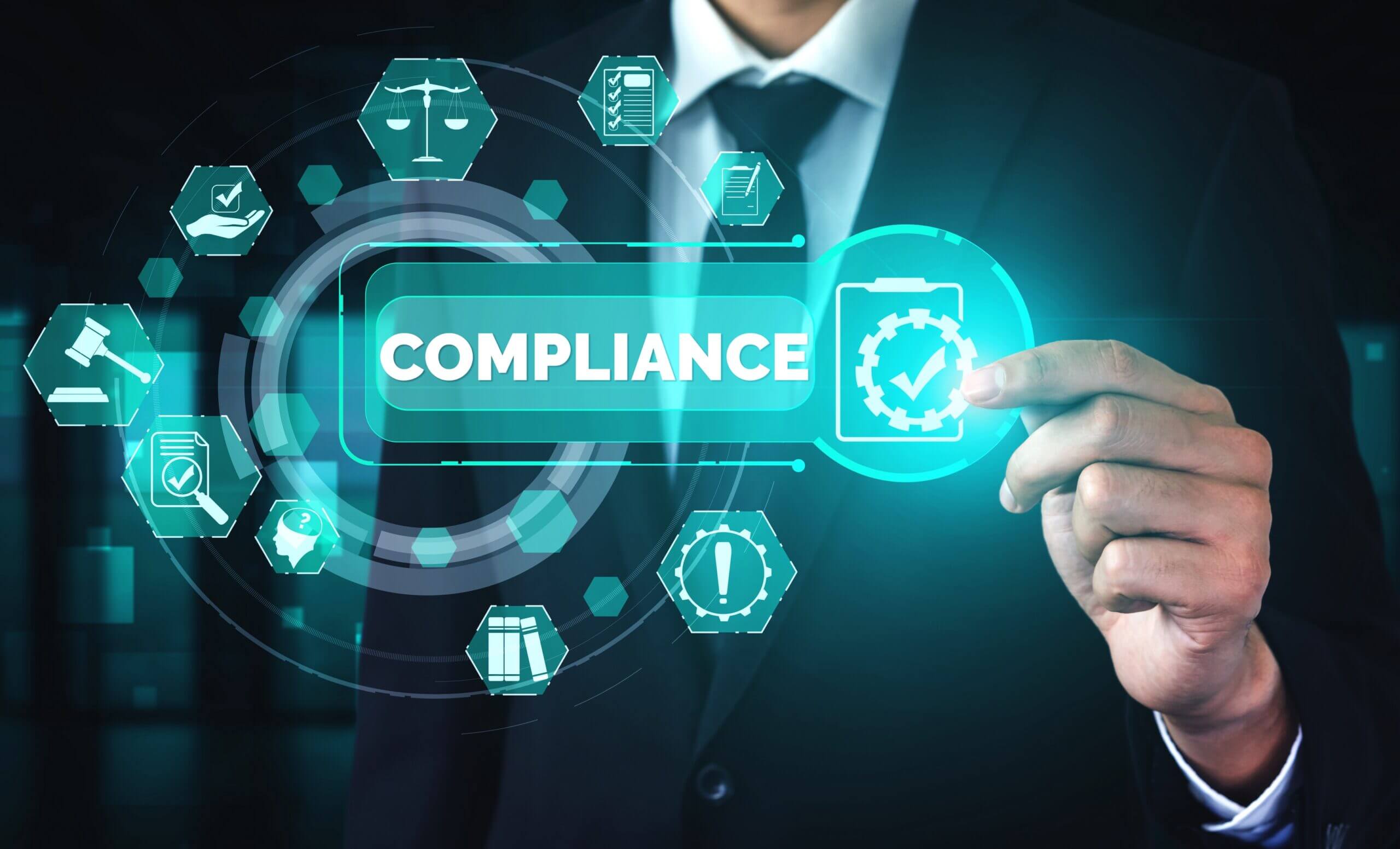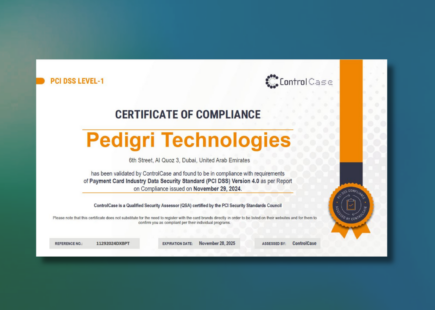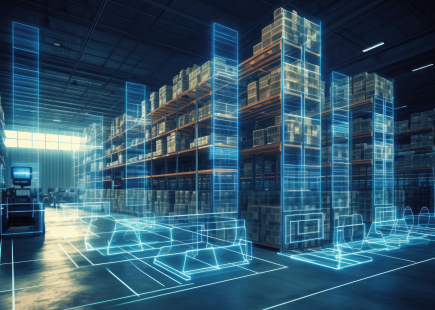Many MEA countries including UAE impose a variety of fines and penalties for non-compliance of trade regulations which can be in hundreds of thousands of dollars for the most severe breaches such as safety violations.

Introduction
What do you imagine when you hear the words “trade compliance”? Do you think of tedious paperwork and long checklists that you need to complete before rolling out every shipment? or do you think of a system of regulation that can help you save MILLIONS? If your company takes trade compliance to be a dull and futile task, then you need to rethink the way you view global trade nowadays.
The world has evolved into an incredibly interconnected economy that takes globalization to a whole new meaning. But even though you may have heard of free-trade agreements and tax-free laws, there is no such thing as wide-open gates in the world of trade. Wherever you ship your products, you will undoubtedly need to comply with a pre-existing regulatory and compliance framework.
The fact that many laws and rules are continually changing adds to the challenge even more, and if you aren’t on your toes 365 days of the year, you might be in for a nasty surprise if things start falling out of favor.
Key MEA Trade Regulations
If we focus on the MEA region, specific laws in place govern how manufacturers can import and export their equipment out of and into the MEA region. These laws dictate the standards, the fees, and the requirements that must be fulfilled before your shipments can make it onto the market or their intended recipient.
According to the World Bank, the MENA region saw imports of over $750 billion the past year alone with exports of over $1,019 billion! The MENA region presents a highly profitable market with companies rushing to find their niche in the global trade and secure their favorable position across the region. But with this high volume of trade comes the maze of regulations, laws, compliance requirements, and other such legal frameworks that must be extensively secured to make the most of your investment.
Consequences of Non-Compliance with Trade Regulations
Bearing the aforementioned points in mind, you need to be aware of the consequences if your business fails to ensure compliance with some or all of the trade regulations. Following are the repercussions of regulatory non-compliance.
Fines & Penalties
Many MEA countries impose a variety of fines and penalties for non-compliance of trade regulations which can be in hundreds of thousands of dollars for the most severe breaches such as safety violations. Moreover, the manufacturer is also compelled to pay for legal fees and expenses which can rack up quickly.
All this financial burden that a business has to bear can have a substantial impact on its operations and may even put it under heavy debt. This is why it is crucial for manufacturers to ensure they are maintaining regulatory compliance when it comes to trade legislation.
Reputational Damage
Any manufacturer or organization that fails to ensure regulatory compliance has to deal with financial and legal issues that cause operational disruption. This means that your business is more focused on controlling the damage which may lead to delays. All of these negative impacts amount to serious reputational damage to your business which can be unsustainable at times.
Needless to say that loss of reputation can make your brand undesirable in both business-to-business and business-to-consumer markets. Your customers as well as stakeholders may start to look for the alternatives leaving your business behind.
Import Suspension & Ban
In some extreme cases where your business fails to comply with the trade regulations, especially more than one time, government authorities may choose to suspend or even ban your imports for a definite or indefinite period. This will eventually lead to loss of reputation, productivity, and customer base.
Such suspensions and bans can have a negative impact on your business in other countries and may also prove to be a hindrance when you want to expand your business activities somewhere else. Apart from that, the efforts and resources you will need to get rid of the ban or suspension will lead to financial and reputational losses.
Owing to the above reasons, it is extremely essential for business owners and decision-makers to develop a strategy that focuses on maintaining compliance with trade legislation and regulations in MEA countries. This will save them from confronting with financial and reputational challenges which can be quite damaging in today’s competitive market.
How Your Business Can Ensure Trade Regulatory Compliance?
It is quite clear that not all businesses have in-house legal expertise and compliance experts in each MEA country to ensure regulatory compliance. This can take the form of regulatory approvals, importer of record, exporter of record, customs clearance, duties and taxes payment, which requires optimization of your supply chain to meet the standards for the most effective and beneficial trade arrangements!
This is where outsourcing to experts can come in quite handy, who can provide you with professional assistance for importing products to the MEA market in a more seamless manner preventing any non-compliance risk or brand damage. They also ensure that there are no products stuck in customs for long periods which can lead to fines and penalties.
With over 25 years of experience in trade compliance areas in the MEA region, we elaborated a complex IOR/EOR process that allows over 60+ manufacturers to import their equipment faster, avoid penalties and fines, drive faster fulfilment and reduce supply chain costs in 40+ key MEA countries.
Learn more about our Trade Compliance solutions. Email us at info@pedigritechnologies.com
Latest news

Pedigri Technologies Achieves PCI DSS Certification
Pedigri Technologies is pleased to announce its successful attainment of PCI DSS (Payment Card Industry Data Security Standard) Level-1 compliance.

The AI Revolution in Spare Parts Inventory: Transforming Supply Chain Management
Imagine the chaos when a critical spare part is unavailable when needed most. It’s a familiar scenario to many leaders that still rely on outdated inventory management systems. But for those daring to venture into the new era of AI, the story unfolds quite differently.

The Imperative of Denied or Restricted Party Screening in Supply Chains
Imagine the supply chain as a complex network of blood vessels in a living organism. Just as the health of an organism depends on the purity of what flows through these vessels, so does the health of a supply chain rest on the integrity of its participants.
